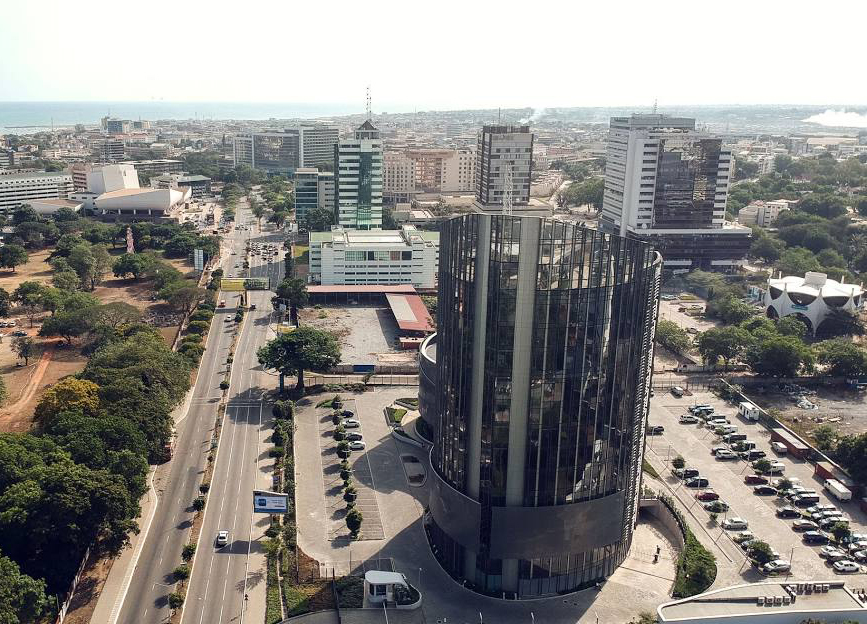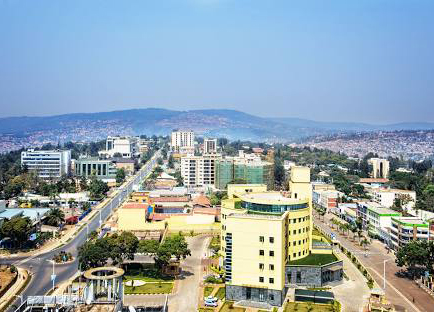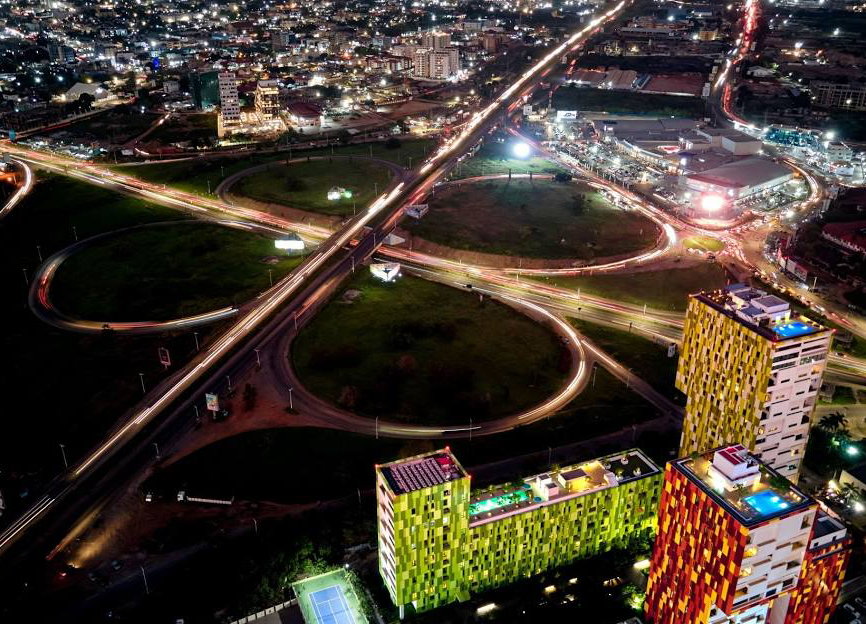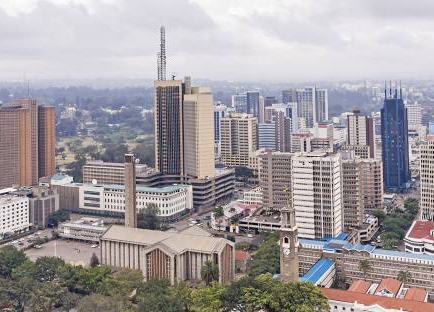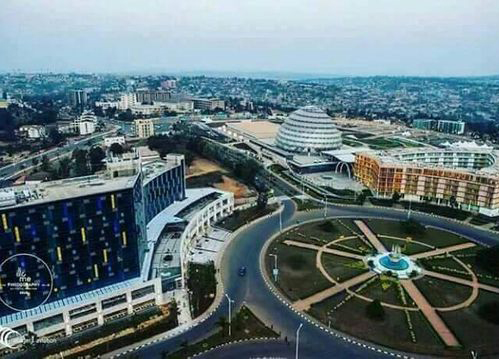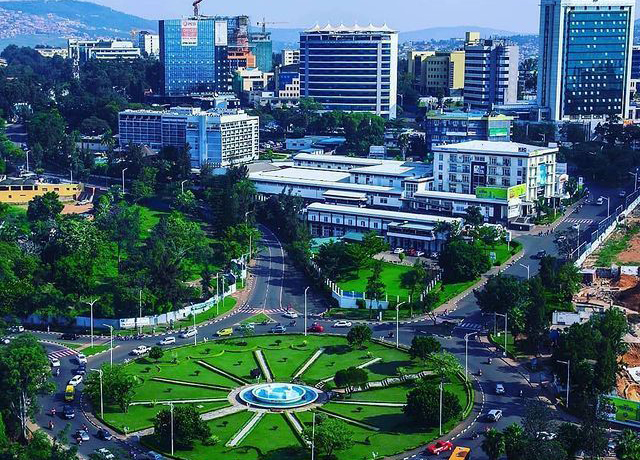Building a house in Accra, Ghana, can be a fulfilling and rewarding experience, providing the opportunity to create a home tailored to your specific needs and preferences. However, it’s a process that requires careful planning, knowledge of local regulations, and a clear understanding of the steps involved. This guide provides an overview of the key steps, costs, and considerations when building a house in Accra.
Steps to Building a House in Accra
- Finding and Purchasing Land
- Research: Identify suitable locations based on your budget, lifestyle preferences, and proximity to amenities like schools, hospitals, and markets.
- Due Diligence: Verify the land's ownership and ensure it is free of legal disputes or encumbrances. Engage a lawyer to conduct a thorough title search.
- Purchase: Negotiate the price and complete the purchase. Ensure that all transactions are documented and legal.
- Designing Your Home
- Hire an Architect: Work with a licensed architect to design your house. They will help translate your ideas into functional plans and ensure compliance with local building codes.
- Create a Budget: Establish a budget for your project, including costs for materials, labor, permits, and contingencies.
- Obtaining Necessary Permits
- Building Permit: Apply for a building permit from the Accra Metropolitan Assembly (AMA) or the relevant municipal authority. Submit architectural plans, structural drawings, and other required documents.
- Environmental Impact Assessment (EIA): For larger projects, you may need an EIA approval from the Environmental Protection Agency (EPA).
- Hiring Contractors and Suppliers
- General Contractor: Select a reputable general contractor to oversee the construction. Check their credentials, experience, and references.
- Subcontractors: Your general contractor will hire subcontractors for specific tasks like plumbing, electrical work, and roofing.
- Suppliers: Source quality materials from reliable suppliers. Consider local materials to reduce costs and support the local economy.
- Construction Phase
- Site Preparation: Clear the land, level the site, and set up temporary facilities for workers.
- Foundation: Lay the foundation according to the approved plans. This includes excavation, setting up formwork, and pouring concrete.
- Building Structure: Construct the walls, roof, and floors. Monitor progress to ensure work adheres to the plans and quality standards.
- Installations: Complete plumbing, electrical, and HVAC installations. Ensure all systems comply with safety standards.
- Finishing: Apply finishes such as plastering, painting, tiling, and installing fixtures.
- Inspection and Approval
- Regular Inspections: Conduct regular site inspections to ensure compliance with building codes and standards.
- Final Inspection: Once construction is complete, arrange for a final inspection by local authorities to obtain a Certificate of Occupancy.
- Moving In
- Furnishing: Furnish and decorate your new home according to your taste.
- Utilities: Set up utilities such as water, electricity, and internet.
- Final Touches: Complete any landscaping and exterior improvements.
Costs and Budgeting Tips
- Land Costs: Prices vary widely depending on location. Land in prime areas like East Legon, Cantonments, and Airport Residential Area is more expensive than in suburban or peri-urban areas.
- Construction Costs: On average, construction costs in Accra range from $300 to $700 per square meter. Costs depend on the complexity of the design, materials used, and labor rates.
- Permits and Fees: Budget for permits, inspections, and any legal fees associated with land acquisition and construction.
- Contingency Fund: Set aside 10-20% of your budget for unexpected expenses or changes during construction.
Tips for a Successful Building Project
- Plan Thoroughly: Spend adequate time in the planning phase to minimize changes and delays during construction.
- Hire Professionals: Engage experienced and reputable professionals, including architects, contractors, and lawyers.
- Quality Materials: Use quality materials to ensure durability and reduce future maintenance costs.
- Regular Monitoring: Stay involved in the project, conduct regular site visits, and communicate effectively with your contractor.
- Legal Compliance: Ensure all permits and approvals are in place to avoid legal issues and delays.
Conclusion
Building a house in Accra can be a complex but rewarding endeavor. By understanding the process, budgeting effectively, and working with reliable professionals, you can achieve your dream of owning a custom-built home in this vibrant city. Take the time to plan, research, and execute each step carefully to ensure a successful and satisfying building experience. Happy building!
